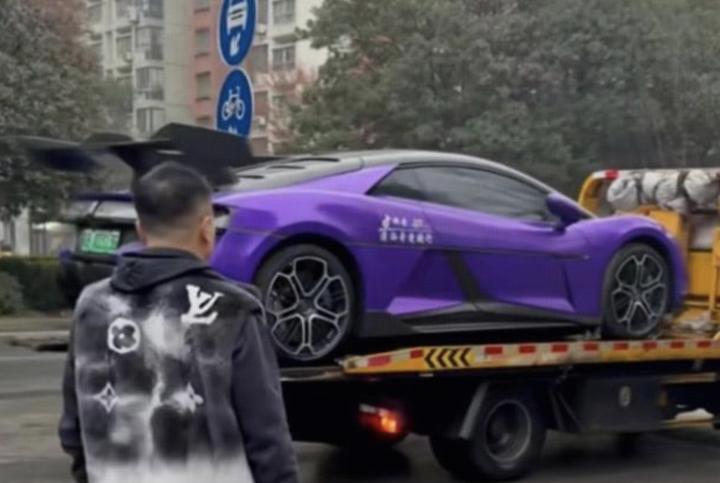The U9 Luxury Car Dismantling Controversy
A Chinese car owner’s Biyadi (BYD) U9 worth 2 million yuan was allegedly dismantled after being rented to a car rental company, sparking discussions about luxury car rental risks and consumer protection in China.

A recent incident in China’s automotive world has drawn significant attention, where a luxury BYD U9 electric vehicle worth 2 million yuan (approximately $280,000) was reportedly dismantled after being rented out. The case highlights several complex layers of China’s luxury car market and rental industry practices.
The incident began when the owner either directly rented the vehicle to a car rental company or lent it to a friend who subsequently transferred it through multiple parties. The sequence of events remains unclear, with conflicting accounts about how the vehicle ended up being dismantled. The owner claims the car suffered extensive damage during the rental period, with various components being disassembled and improperly reassembled.
Technical experts familiar with high-end vehicles have pointed out that improper dismantling can cause severe damage to sophisticated systems. For example, incorrect reassembly of components like oil seals, pipes, and electronic systems can lead to performance issues and safety risks. The complexity of the U9’s engineering means that even slight deviations in reassembly torque specifications or component positioning can compromise vehicle integrity.
The case raises several red flags about the rental transaction:
- The vehicle’s GPS and surveillance systems were allegedly disabled during the rental period
- The dismantling was reportedly done by non-professional technicians
- The rental company has acknowledged responsibility but claims inability to compensate
- The owner has filed a police report, though this appears to be primarily a civil rather than criminal matter
Industry insiders suggest this incident reflects a broader pattern where luxury vehicles are rented specifically for technical analysis or “reverse engineering” purposes. Such practices, while not necessarily illegal when properly contracted, become problematic when conducted without owner consent or proper compensation.
For consumers, this case serves as a cautionary tale about luxury vehicle rental risks in China. High-end vehicle owners should carefully consider:
- Thoroughly vetting rental companies and documenting vehicle condition
- Understanding insurance coverage and liability terms
- Maintaining active monitoring of vehicle tracking systems
- Securing proper legal documentation for rental agreements
The case continues to develop as the owner seeks compensation through legal channels, highlighting the challenges of consumer protection in China’s evolving luxury automotive market.